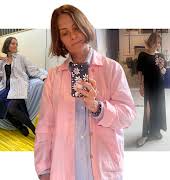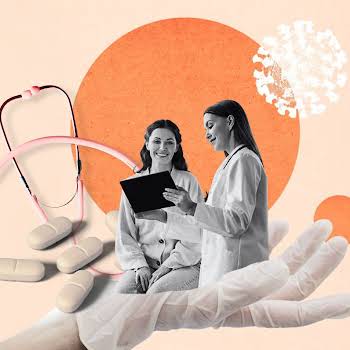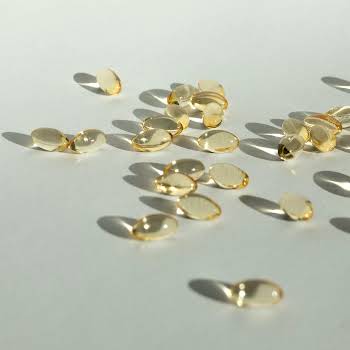Ask the Doctor: ‘I’m experiencing early symptoms of menopause and am considering HRT — what do I need to know?’
By Sarah Gill
05th Dec 2023
05th Dec 2023
All your burning health questions answered by the professionals.
”I am at the age of menopause and have some early symptoms. I am thinking about asking my doctor about HRT. I have no sisters who have been on it previously and have heard mixed things from friends. Are there any watch outs for HRT I should consider?”

Answer from Abby Kiernan, Women’s Health Clinical Nurse Manager, Beacon Hospital
For many experiencing menopausal symptoms, HRT is considered the most effective treatment. HRT aims to replace the hormones (oestrogen, progesterone and testosterone) that the body is no longer producing.
The type of HRT most suited to you will depend on a variety of factors, including your stage in the menopausal process, and whether you’ve had a hysterectomy/ your previous medical history. Most forms of HRT combine different amounts of the hormones, oestrogen and progesterone.
The core ingredient of HRT is oestrogen, it is what helps with symptoms such as the brain fog and hot flushes. It can also help with bone and heart health. Replacing oestrogen can stimulate the growth of the lining of the womb.
Progestogen (progesterone in HRT is known as progestogen) is the second element of HRT. It has the opposite effect and thins the lining. It is an essential element of HRT for those who still have a uterus and are taking oestrogen.
HRT can be taken cyclically (daily oestrogen and progestogen for 14 days of the cycle), and you may have a monthly bleed or continuously (daily oestrogen and progestogen). This will depend on whether you were still having periods when you commenced HRT or not. This will be a discussion you have with your GP or gynaecologist.
HRT comes in many different forms. Oestrogen can be taken as a tablet, a patch, a gel, a spray and progestogen comes in a patch, tablet or an intrauterine device (Mirena). Vaginal oestrogen is also available. It can be trial and error to strike a balance and figure out what form is going to suit best.
The addition of testosterone is a discussion to have once you have found balance with your oestrogen and progesterone.
Side effects of HRT usually are present within the first 3-6 months of starting or changing doses or type of HRT. These can include breast tenderness, nausea, bloating, cramping in legs, irritability. We normally advise you to try giving it at least 3 months to see where you are with it and then tweaks can be made. It is normal to also expect some vaginal bleeding in these few months but a bleed out of nowhere after no bleeding for several months or heavier than normal bleeding needs to be discussed with your doctor.
Concerns over the risks of taking HRT such as increased risk of breast/ovarian cancer and its impact on heart disease are still the object of scientific discussion. It is important to note that the decision to start HRT is yours and to please speak to your health care provider in relation to these risks and the screening available in relation to any concerns you have.
It is great that you are addressing early menopausal symptoms. Talking to your doctor or gynaecologist will help you in deciding if HRT is the best route for you and if so, the type that suits you best.
Have a question for the professionals you’d like answered? Get in touch with sarah.gill@image.ie with the subject headline ‘Ask The Doctor’.






















